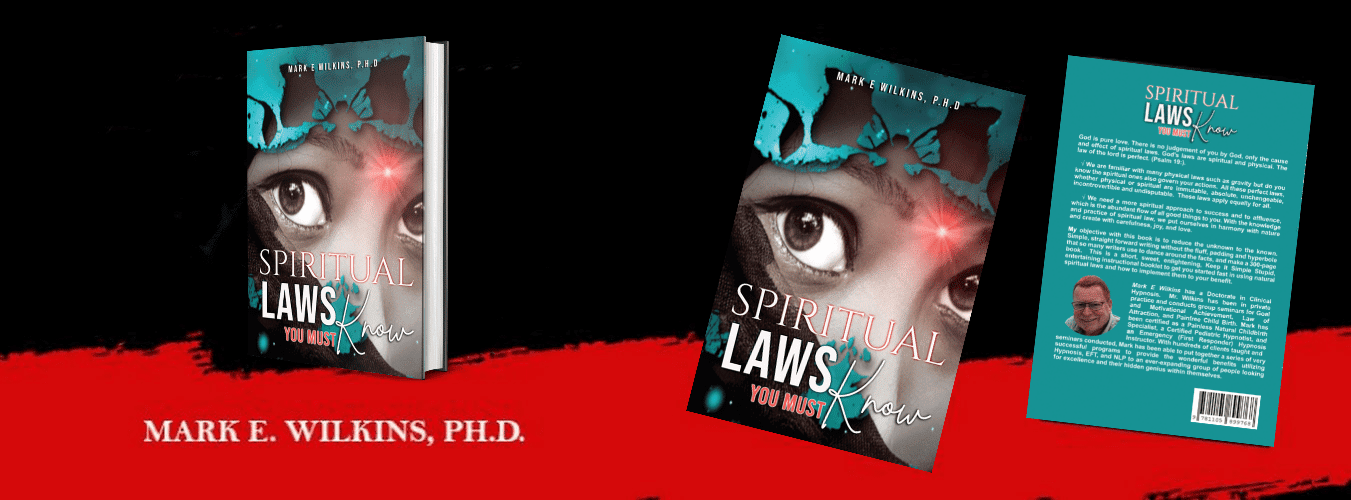
Cause And Effect
Cause and effect are one of the great laws of the universe. The significance of this law is that, unlike other divine statutes. We all know the term Karma. Its manifestation in the world and throughout the cosmos is not diminished by man’s misuse or nonuse.
Whether humankind works with this law for good or willfully resists this law, every thought, emotion and action create an effect, positive or negative. And even neutral thoughts (ambivalence), apathetic emotions, and inactions (sins of omission) have consequences, or produce effects after their kind. Those effects will determine other causes and other effects one after the other into infinity.
Only by working with this law positively will our dharma, that is to say, our personal obligation to uphold the divine order of the universe, be fulfilled. This grand and truly awesome principle must be given its due if true happiness and wholesome living are to be attained.
Cause and Effect
The law of cause and effect is also known as karma. For many in the West, karma only implies former actions that lead to present situations or future conditions. But the true definition of karma encompasses both past and present actions and their results.
Karma
 Karma literally means “something done”; it comes from the Sanskrit root meaning “to do.” Karma combines present actions with influential past actions. Karmic memories as received via our subconscious could be memories of good or bad experiences of this or former incarnations.
Karma literally means “something done”; it comes from the Sanskrit root meaning “to do.” Karma combines present actions with influential past actions. Karmic memories as received via our subconscious could be memories of good or bad experiences of this or former incarnations.
They may also include remembrances of our eternal Christ nature and light-body experiences. Memories of high Self-demonstrations are always good and positively guide our lives. Because karma is one of Gods divine laws that serves a divine purpose, it should not be thought of only as a form of bondage, or as something totally negative that one seeks to be released from, as some Eastern philosophies espouse. For there is such a thing as positive karma.
Isaac Newton, born prematurely in 1642 in England, is widely regarded as the greatest scientist of all time and one of his works, Principia, the greatest scientific work ever written. Rather less well known is that he wrote far more about theological and alchemical matters than about mathematics and physics.
The law of physics that most directly describes the law of cause and effect is Newtons third law of motion. In short, it says that for every action there is an equal and opposite reaction. Newton called the two phases of the laws single force, action and reaction forces.
He also understood that, in terms of physical matter, it was impossible to have one without the other and that either force could equally be called active or reactive. The only scientist to refine and add to this law appreciably was Albert Einstein.

The originator of the theory of relativity, he is regarded as the greatest scientist in modern times. In Ideas and Opinions, a book of his collected writings, he wrote: You will hardly find one among the profounder sort of scientific minds without a religious feeling of his own.
The scientist is possessed by the sense of universal causation. The future, to him, is every whit as necessary and determined [determined in the sense of having an exact reason or cause] as the past.
His religious feeling takes the form of a rapturous amazement at the harmony of natural law, which reveals an intelligence of such superiority that, compared with it, all the systematic thinking and acting of human beings is an utterly insignificant reflection.
Positivism, materialism and scientism, known also as reductionism and physicalism, are philosophical systems that use the findings of physical science as the only true source of information to explain reality.
True Prosperity : How To Have Everything
In Yehuda Berg’s epic book ” True Prosperity” He explains the secrets of the Kabalah. Becoming the Cause and not the effect. Just be certain; just know. The laws of cause and effect will come to your aid, and all the good you do for others will be returned to you many times over.
Know that this will happen, but at the same time don’t expect it. This is a subtle but important point. When we give to others, we will receive in return, but we should not expect it to come from that particular person. That’s not how it works. Indeed, if you give to someone with an expectation of return from that person, it’s not truly giving.
These philosophies and science are, therefore, limited to what and how much matter and energy can be measured by present technology. In these approaches, causation and its effects are confined to physical, material reality.
Let us learn to end our quarrels, so that by our example all of humanity can step into the next, higher level of evolution. Let our cause always be love, so that our effect will always be love. Check out Mark‘s most controversial book “Secret Power”.

